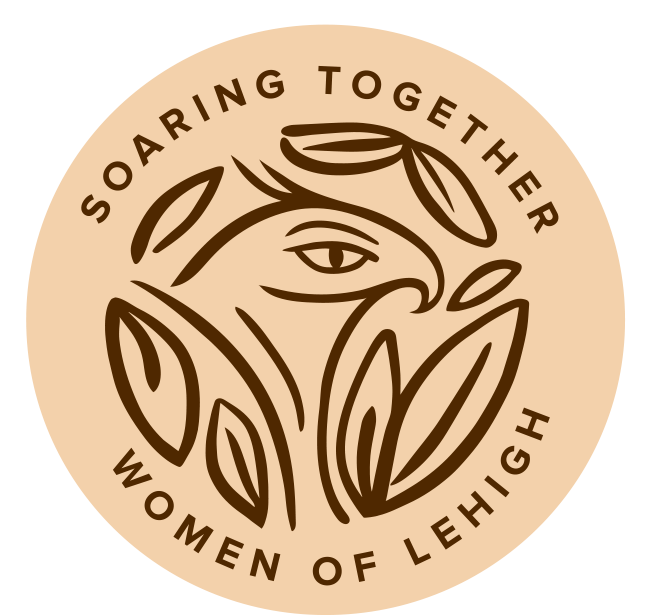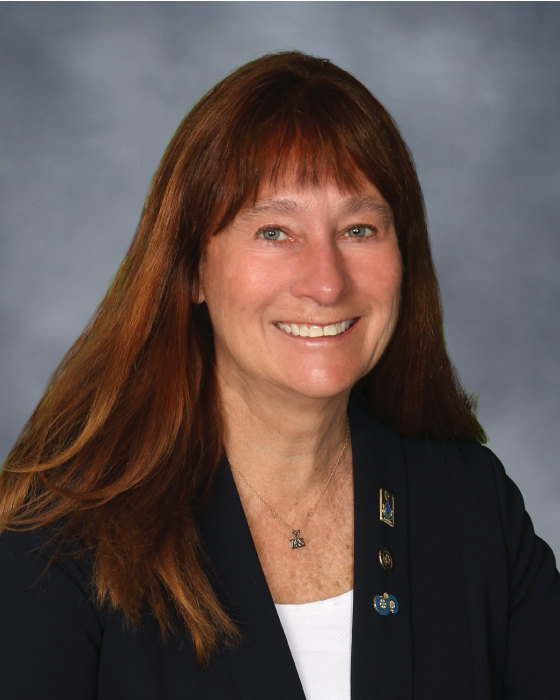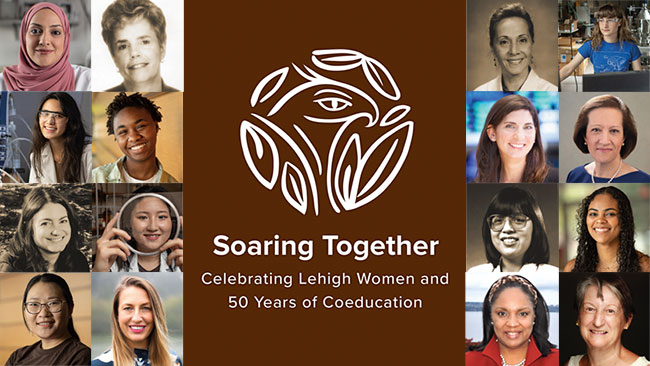
Jill Duerig '74 holds a bachelors degree in fundamental sciences (biology/chemistry) from Lehigh. She is a member of the university's first co-ed class of undergraduates and was the first in her family to graduate from college.
Duerig recently retired following an accomplished career in the water industry in California. She most recently served as interim executive director for Delta Conveyance Design & Construction Authority. She was general manager of Zone 7 Water Agency for more than a decade. Before she joined Zone 7 in 2005, she was general manager and chief engineer for the Scotts Valley Water District. She has also worked as an attorney at Wendel, Rosen, Black and Dean and as an engineer and production manager for the Alameda County Water District.
 How might society benefit from more women in engineering?
How might society benefit from more women in engineering?
Diversity is important in any field but especially in engineering. Although generalities have numerous exceptions that "prove" each rule, women tend to approach problems differently than men. You might have seen this in team projects in which you've been involved thus far during your academic career. More approaches can identify alternative options, which often include a superior solution to the "one size fits all" approach that would otherwise have been used. Gender diversity is only one aspect of this. More people of differing backgrounds will increase the opportunities to identify even more options.
Unfortunately, sometimes a woman's worst critics will be fellow women. Don't fall into that trap. To truly succeed, you will have to learn not only to work together to make others look good but also to help others to achieve more. Learning to work as a supportive team member will advance projects, as well as your own career path. Brainstorming in a group can uncover unique approaches that result in better solutions. Being able to parse a project into portions that are assigned and synchronizing work so that the project remains on time and on budget are critical for the success of larger projects. The old phrase, "two heads are better than one" is never truer than in engineering. Elegant solutions are the result of creative group thinking.
As a woman studying engineering at Lehigh, what did you learn about how to thrive in environments in which men typically are the majority? What did that experience teach you about yourself and what it takes to succeed?
Being in the first class of women, I was invariably the sole woman in my technical classes. Studying with men prepared me to work with men. Lehigh is also where I met my husband, a true partner in life. Being at Lehigh taught me that in many professional workplaces, a woman's voice is sorely needed but not necessarily welcome. To be heard, women often have to practice a higher level of diplomacy to avoid being tuned out or labeled as overly aggressive. Women inherently are more empathetic than men, can read reactions and understand the importance of both allowing others to save face and to take the credit, if needed. At Lehigh, I developed many male friendships and was able to learn how these men reacted to women. I also learned to know when to stop pushing an idea, and how to let others share, or even take credit, if it meant that the end objective was achieved, and when to pick your fights.
Women are also better at understanding the need for a work-life balance. Success does not necessarily mean that an employee is married to his job. As a student in love, and later as a working mother, I was also able to break ground for others and educate employers as to approaches that won loyalty for the companies through flexibility for all employees, but especially females who were pregnant or working mothers, assuring future generations would not only succeed but also exist.
What is one thing you learned at Lehigh that you’ve tapped repeatedly on your career trajectory?
That technical skills will only get you so far in life. In many ways, to communicate your findings clearly and accurately is more important in achieving career success than simply being a good engineer. And, as many know, communicating your own ideas is only a small part of success. Classes in writing and speaking, taken in college or later in life, can really enhance an engineer's skills, whether for interviews, report writing, team projects, marketing a proposal to potential clients, or for presentations at technical conferences. In addition, learning to listen to others— faculty, peers, subordinates, or clients—is even more critical. Remember, no matter how much you learn or think you know, every single person in a room knows something that you do not know.
What do you want engineering students to know that you wish you’d known when you were at Lehigh?
Every challenge is a growth opportunity. Really, the academics are the least of it. Learning how to work together with others, how to research, and how to share ideas and support one another through study groups is every bit as important as learning the coursework materials on which you'll be tested.
Studying at Lehigh can be extremely stressful. Try to take at least one class of personal interest each semester. For me, it was always an English class—I loved Shakespeare!
Make time for yourself. I loved to swim laps or hike the top of the mountain.
Pay it forward. The time I spent at Lehigh doing some student teaching and advising/mentoring first-year students helped them and made me feel better about myself; never underestimate the value of service to others!
Enjoy time with friends. Some of my best friends were fellow Gryphons and friends I'd made in my first-year dorm. It's amazing how making friends at Lehigh prepared me for networking throughout my career.
And, most of all, don't forget to have fun while you're still in school!
More about Jill Duerig
Duerig began her career as a microbiologist. She is a Professonal Engineer and an active member of the California Bar. She has served on numerous water industry boards and agencies. After graduating from Lehigh, Duerig went on to earn an MS in civil engineering from the University of Pittsburgh and a JD in public interest law from Santa Clara University. She is the mother of three grown children, is an active Rotarian, and has six grandchildren.


